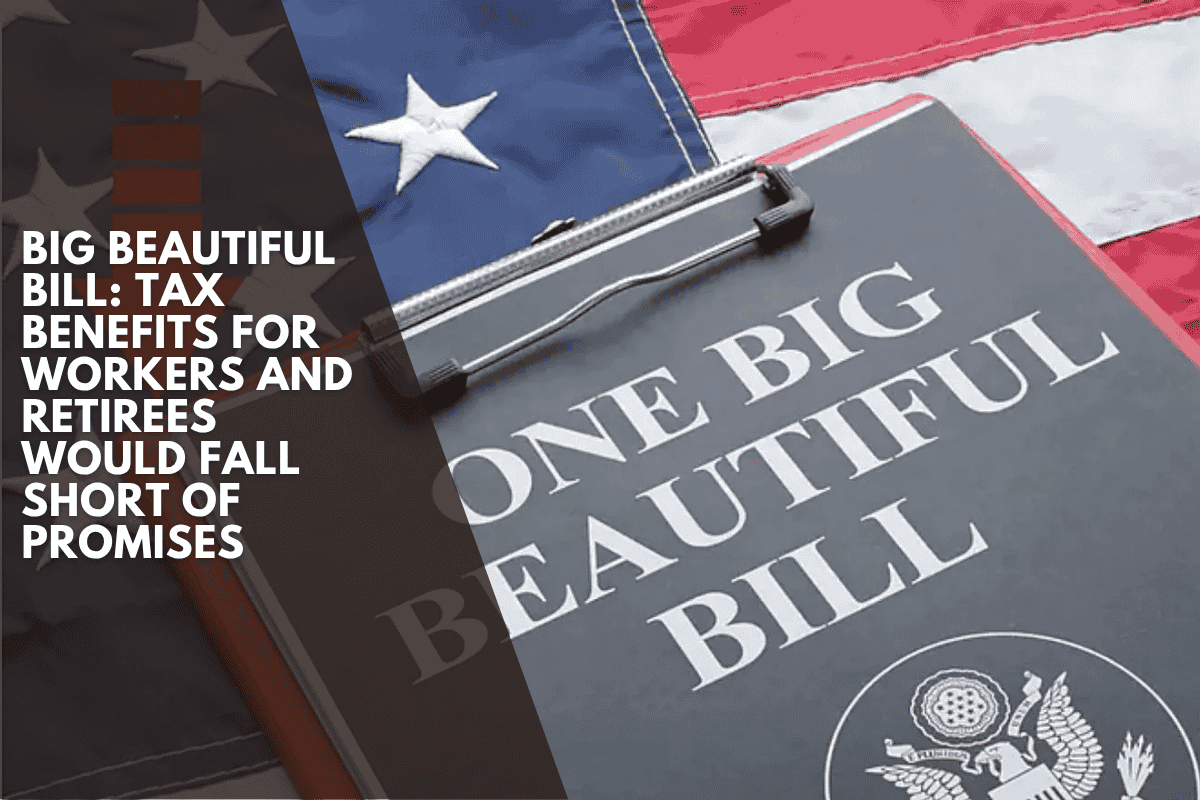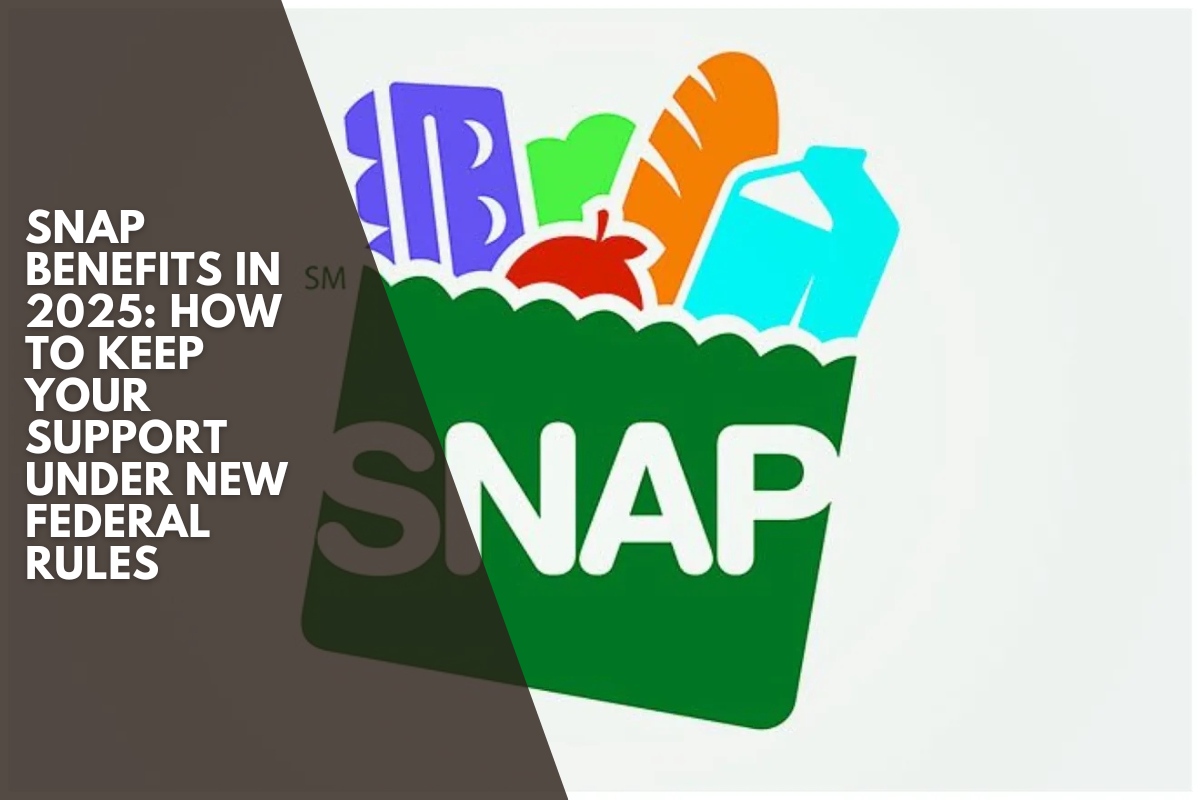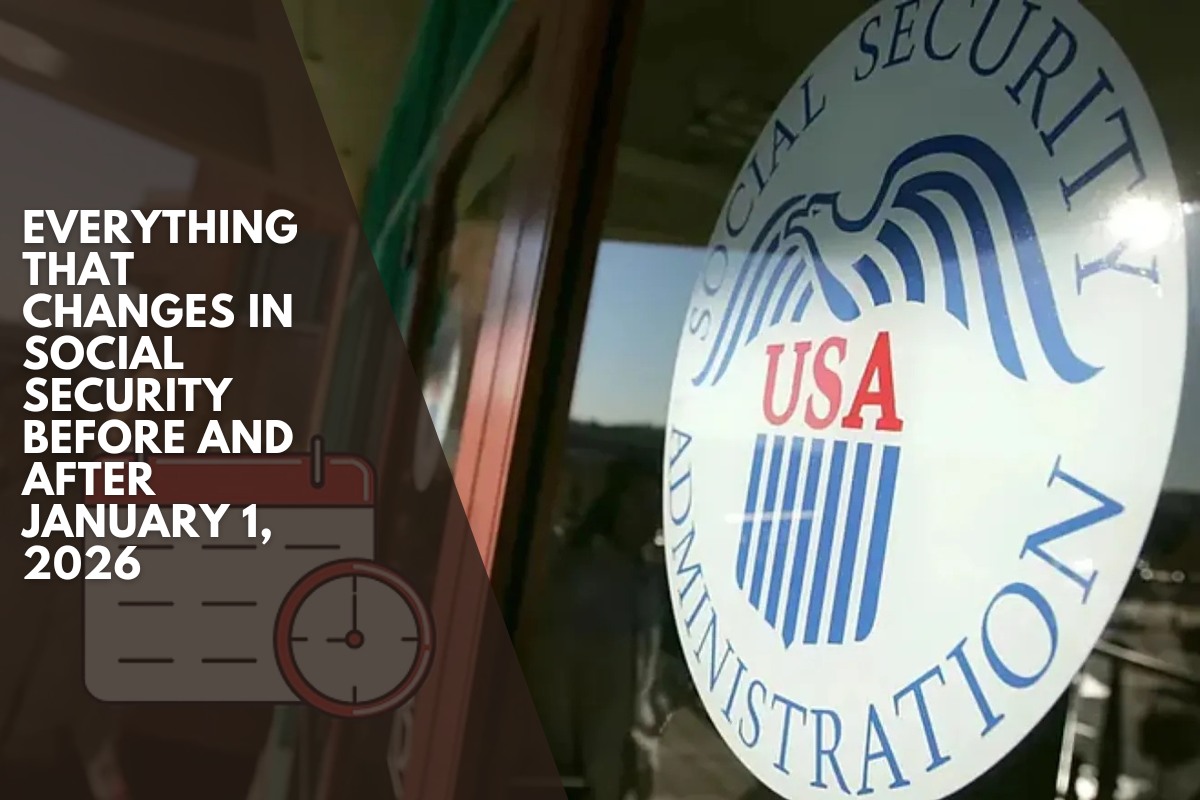The new tax reform, known as the “One Big Beautiful Bill Act” (OBBBA), was signed during Donald Trump’s presidency and promised significant tax relief for workers, retirees, and small businesses.
However, when the details are examined, several of these benefits have strict limits based on the taxpayer’s income and, in many cases, will only be available for a limited time: 2025 to 2028.
What are the benefits of OBBBA?
The OBBBA highlights several benefits, including new deductions for tip income, overtime pay, car loan interest, and a new benefit for those over 65. However, many of these incentives are phased out for certain income levels.
For example, the new $6,000 deduction for people over 65 is reduced for taxpayers with incomes exceeding $75,000 if filing individually or $150,000 if filing jointly.
When income reaches $175,000 (individual) or $250,000 (couples), the deduction is eliminated. Furthermore, this deduction has no effect on the calculation of higher Medicare premiums, making it less useful for some retirees.
Deductions of up to $25,000 for tips and $25,000 for overtime have also been announced. However, there are limits: for individual taxpayers, the benefits are phased out between $150,000 and $275,000 in income, and for couples, between $300,000 and $550,000.
These deductions are available to both those who take the standard deduction and those who itemize, but employers must properly report them on forms such as the W2.
Another example is the new auto loan interest deduction, which is limited to $10,000 per year and only applies to personal-use vehicles assembled in the United States. This deduction is also phased out for incomes more than $100,000 (individual) or $200,000 (joint).
Permanent extension of tax cuts
One of the most significant victories for the OBBBA is the permanent extension of the tax cuts established by the 2017 law (TCJA), which prevents a widespread tax increase in 2025.
This provides greater stability for taxpayers and allows for longer-term tax planning, particularly for those thinking about converting traditional accounts to Roth IRAs to take advantage of lower tax rates.
However, many of the new deductions introduced by the OBBBA will expire in 2028, necessitating careful planning and taking advantage of these tax benefits while they are available.












